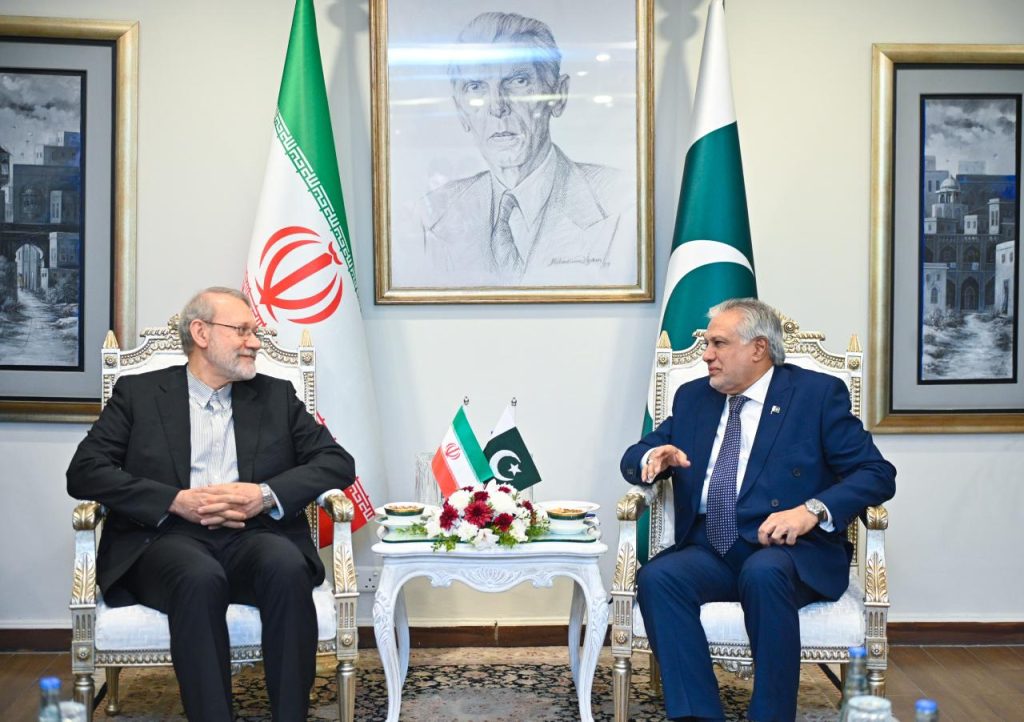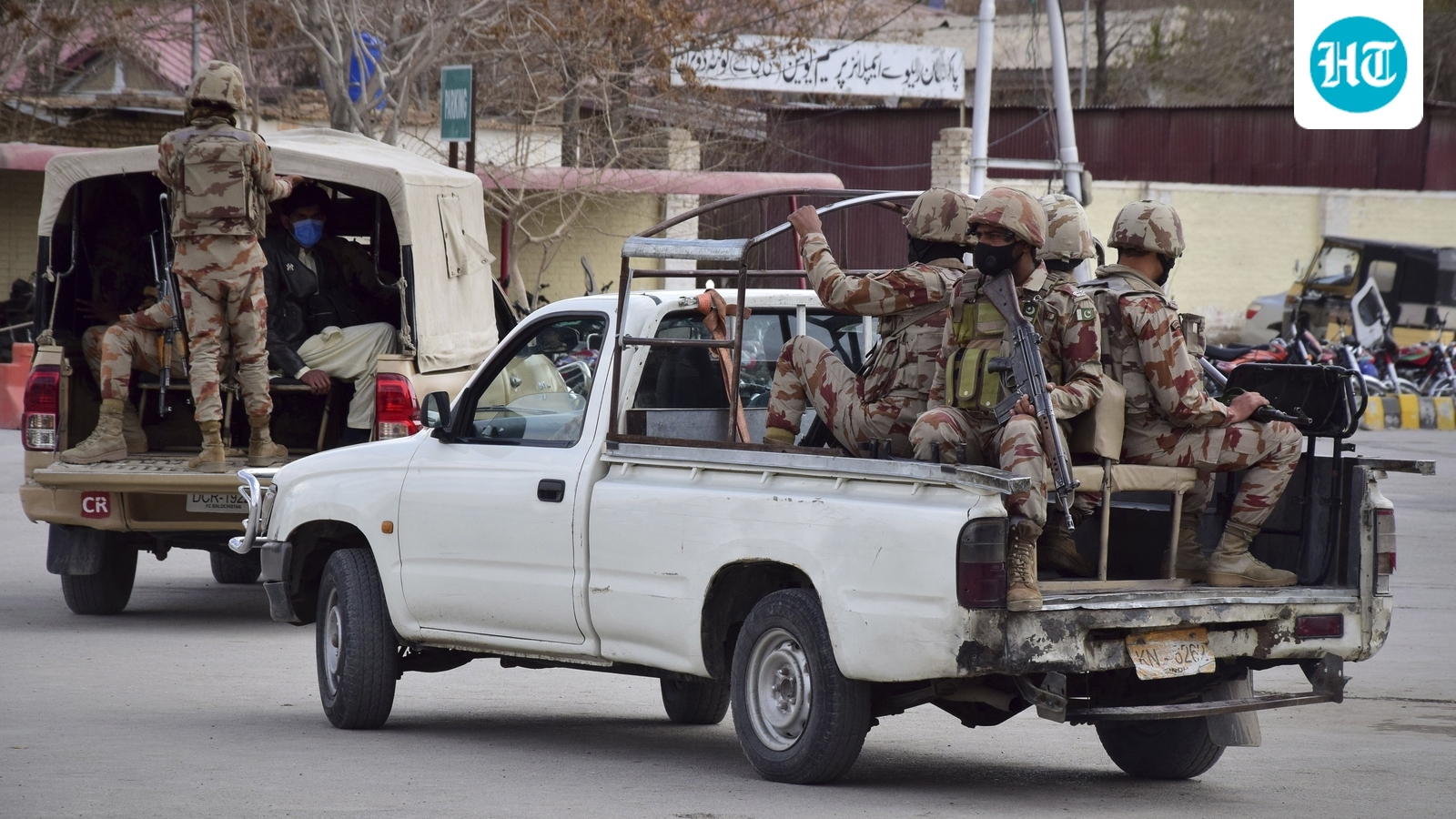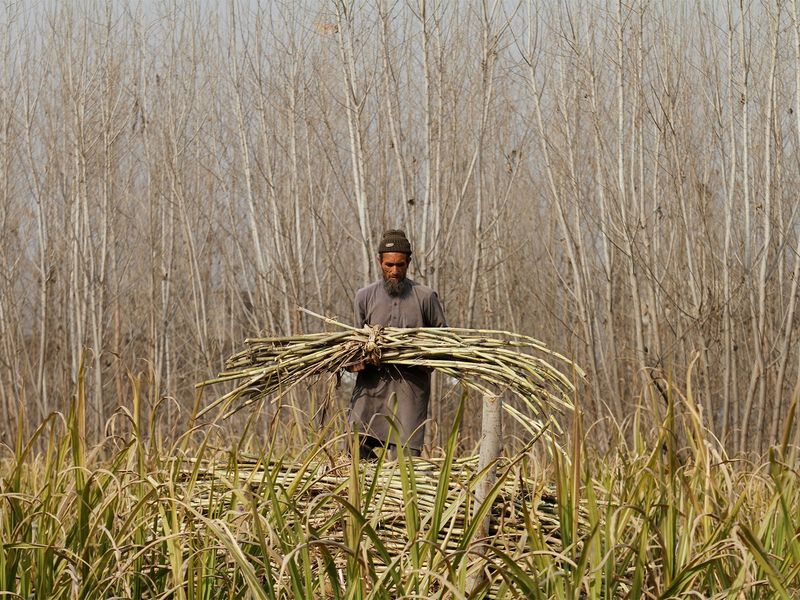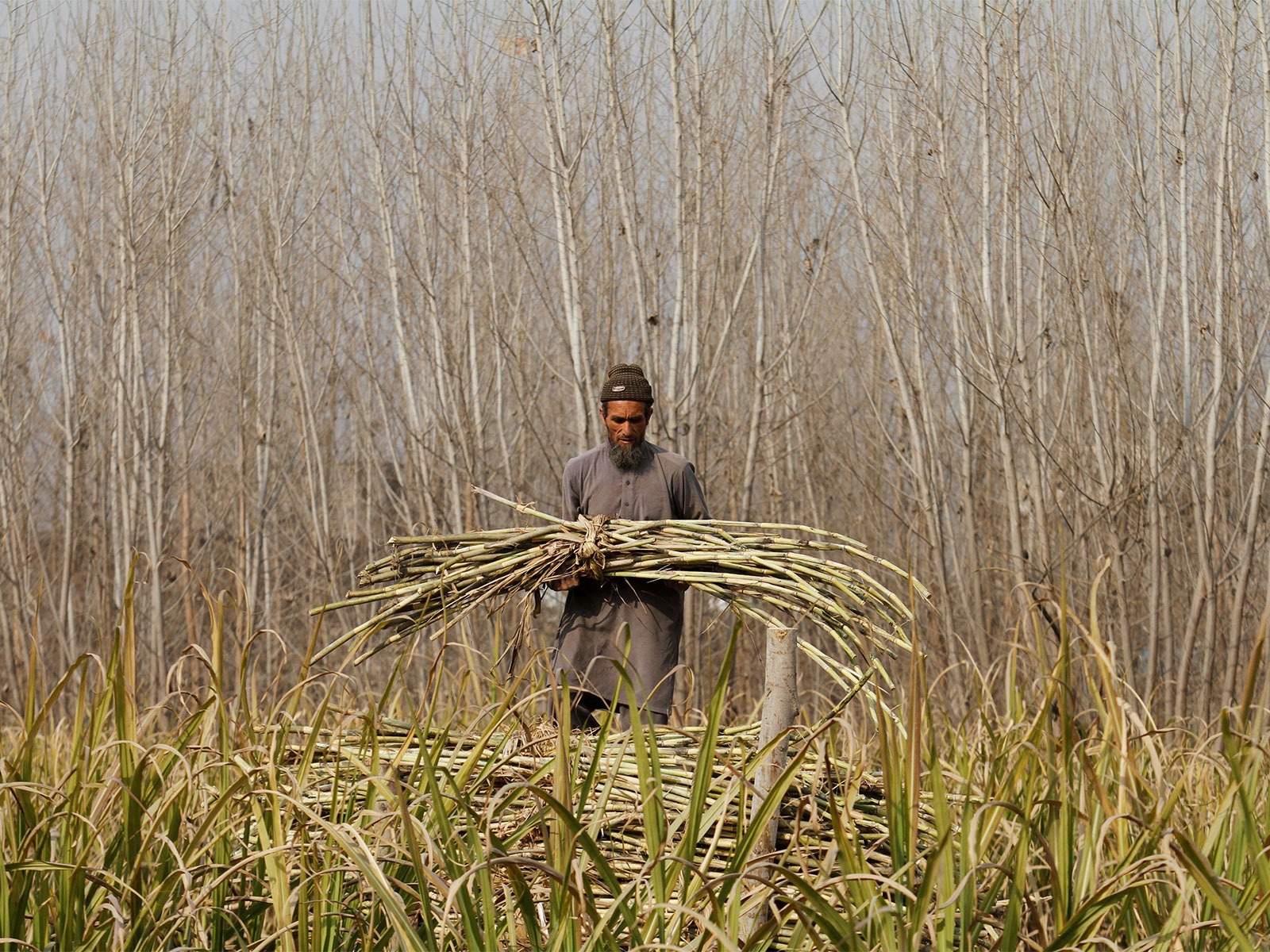Sindh [Pakistan] November 25 (ANI): As Sindh moves to procure wheat for the 2025-26 season, the provincial government’s indecision over setting sugarcane prices has triggered frustration among farmers, who blame policy paralysis on the…
Category: 1. Pakistan
-
Four perpetrators of G-11 katchery blast arrested: Attaullah – RADIO PAKISTAN
- Four perpetrators of G-11 katchery blast arrested: Attaullah RADIO PAKISTAN
- Suicide attack at Islamabad district court planned by TTP’s Noor Wali Mehsud, says info minister Dawn
- TTP chief planned Islamabad blast; four facilitators arrested…
Continue Reading
-

Pakistan, Iran reaffirm commitment to deepen bilateral cooperation
Pakistan and Iran on Tuesday reaffirmed their commitment to deepen bilateral ties in diverse areas and enhance cooperation on regional and international issues of mutual interest.
The bilateral ties and cooperation were…
Continue Reading
-

Pakistan security forces kill 22 TTP terrorists in KPK after Peshawar suicide attack
Published on: Nov 25, 2025 03:00 pm IST
Security forces conducted the operation on Monday, based on the intelligence report on the presence of terrorists in Bannu district
Continue Reading
-
Pakistan, Iran vow to deepen bilateral ties – RADIO PAKISTAN
- Pakistan, Iran vow to deepen bilateral ties RADIO PAKISTAN
- Iran’s Larijani arrives in Islamabad to deepen ties The Express Tribune
- Iranian national security advisor reaches Islamabad today The Nation (Pakistan )
- Adviser to Iranian supreme leader…
Continue Reading
-
President, PM pay tribute to security forces for successful operation in Bannu – RADIO PAKISTAN
- President, PM pay tribute to security forces for successful operation in Bannu RADIO PAKISTAN
- Security forces kill 8 terrorists in Bannu IBO: ISPR Dawn
- Three TTP terrorists killed in Dera Ismail Khan The Express Tribune
- President lauds security…
Continue Reading
-
22 terrorists killed in intelligence-based operation in KP’s Bannu: ISPR – Dawn
- 22 terrorists killed in intelligence-based operation in KP’s Bannu: ISPR Dawn
- Three TTP terrorists killed in Dera Ismail Khan The Express Tribune
- President lauds security forces for successful operation against Fitna al-Khwarij The Nation…
Continue Reading


